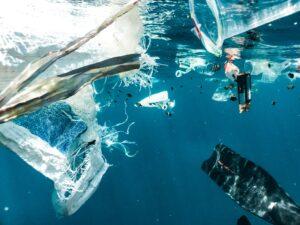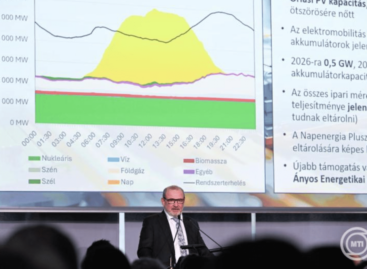EU agreement reached to reduce food and textile waste
EU member states and the European Parliament have reached a provisional agreement on new rules to reduce food and textile waste.
 These would reduce waste from food processing and manufacturing by 10% and food waste from food retail, restaurants, catering and households by 30% by 2030. The agreement not only aims to reduce waste but also encourages the donation of safe but unsold food.
These would reduce waste from food processing and manufacturing by 10% and food waste from food retail, restaurants, catering and households by 30% by 2030. The agreement not only aims to reduce waste but also encourages the donation of safe but unsold food.
To reduce textile waste, manufacturers will be required to cover the costs of collecting, sorting and recycling textiles. Textiles affected by the new rules include clothing, accessories, footwear, blankets, bed linen, kitchen linen, curtains, hats and mattresses.
According to statistics, the EU generates more than 59 million tonnes of food waste every year, with an economic loss of €132 billion. In addition, 12.6 million tonnes of textile waste is generated annually, of which 5.2 million tonnes are clothing and footwear, or 12 kilograms per person.
The agreement still needs to be approved by the relevant ministers of the EU member states and the European Parliament. The new rule will then enter into force on the twentieth day following its publication in the EU Official Journal, and member states will have 20 months to transpose it into their national law.
Related news
The economic sentiment index deteriorated in the euro area and the EU in February, but improved in Hungary
🎧 Hallgasd a cikket: Lejátszás Szünet Folytatás Leállítás Nyelv: Auto…
Read more >Related news
A stable compass in the Hungarian FMCG sector for 20 years
🎧 Hallgasd a cikket: Lejátszás Szünet Folytatás Leállítás Nyelv: Auto…
Read more >








